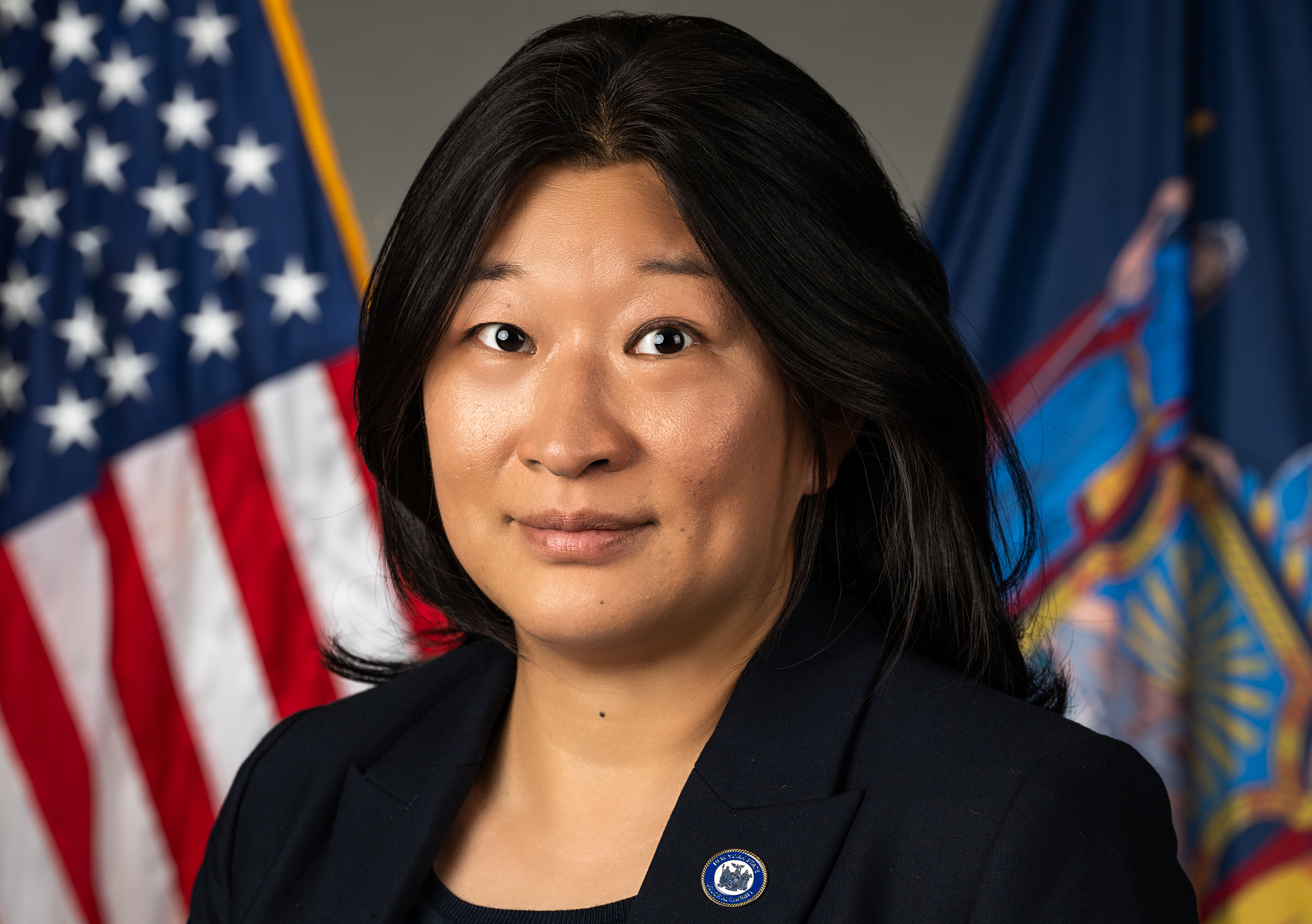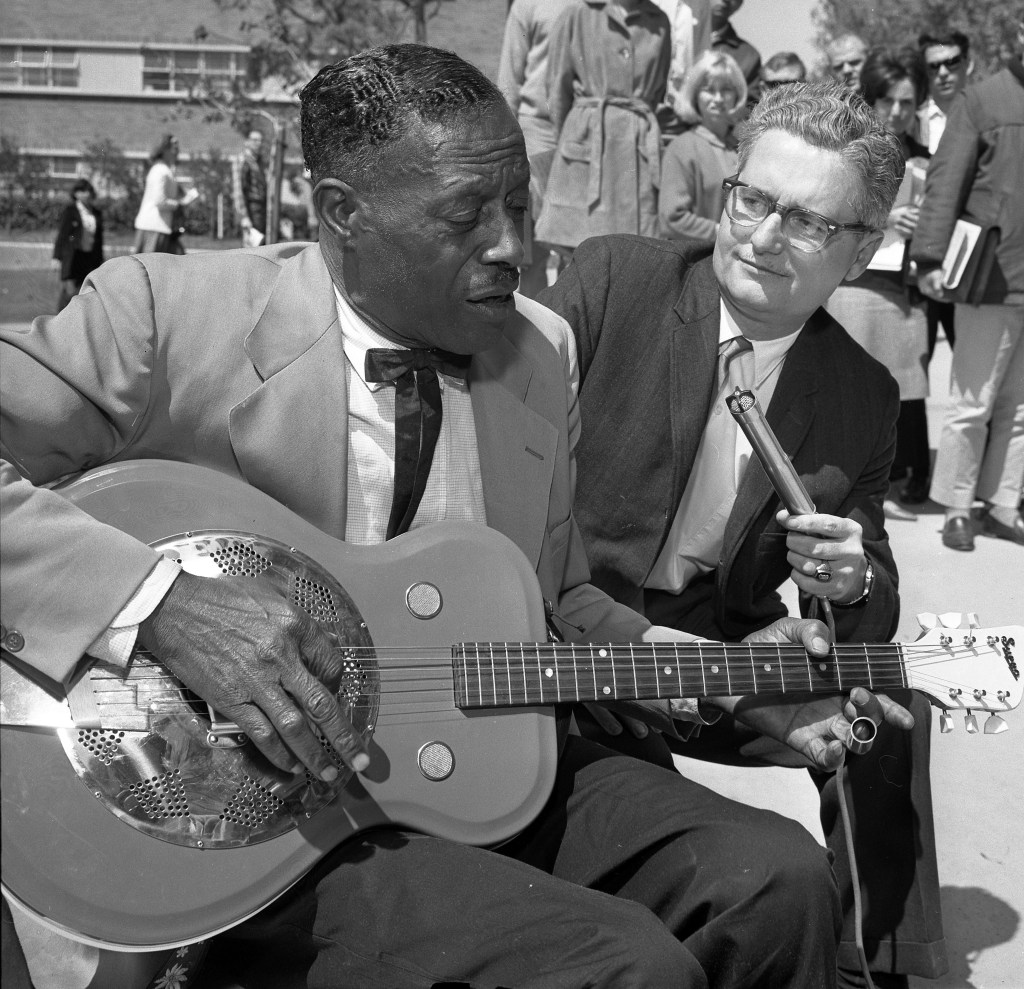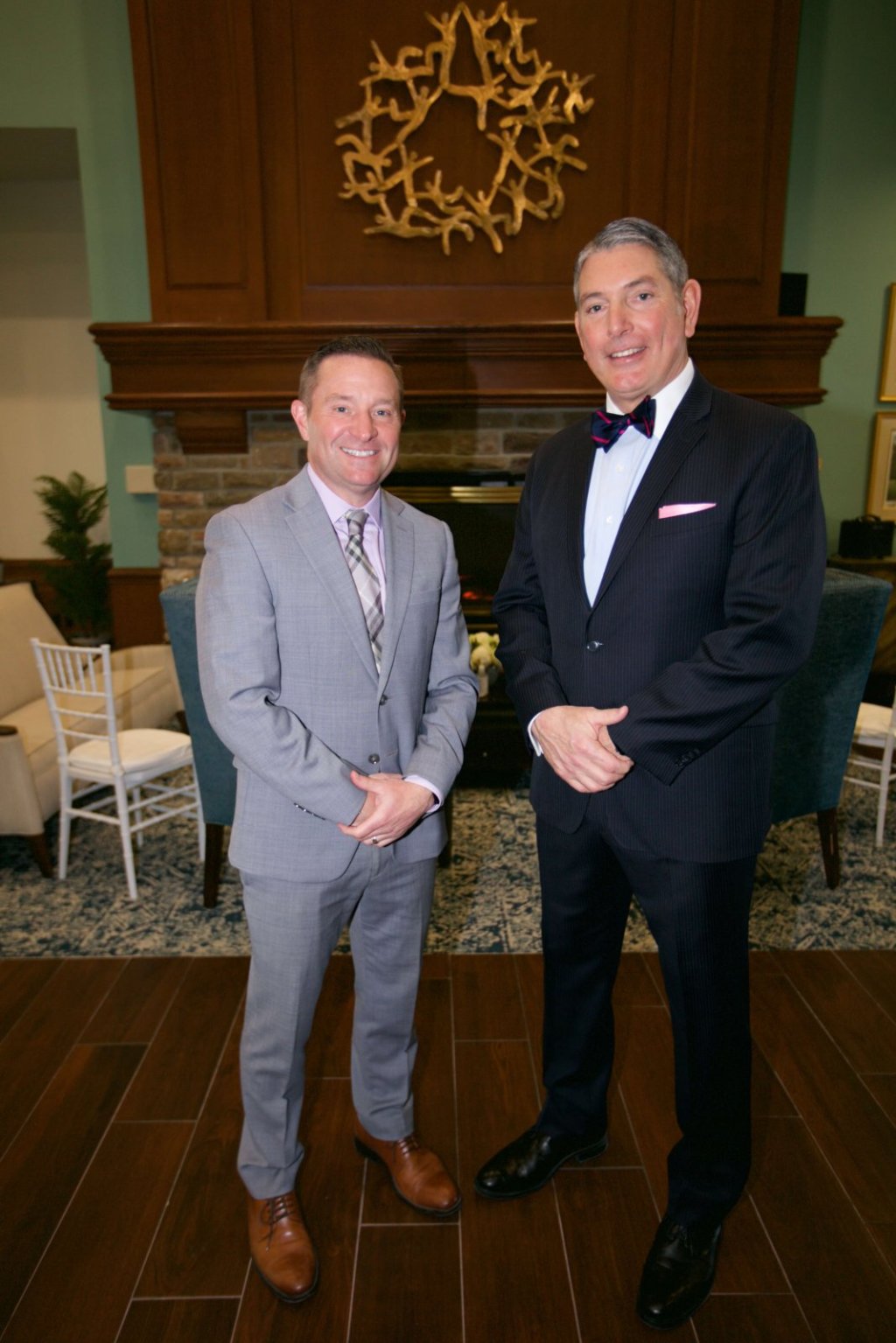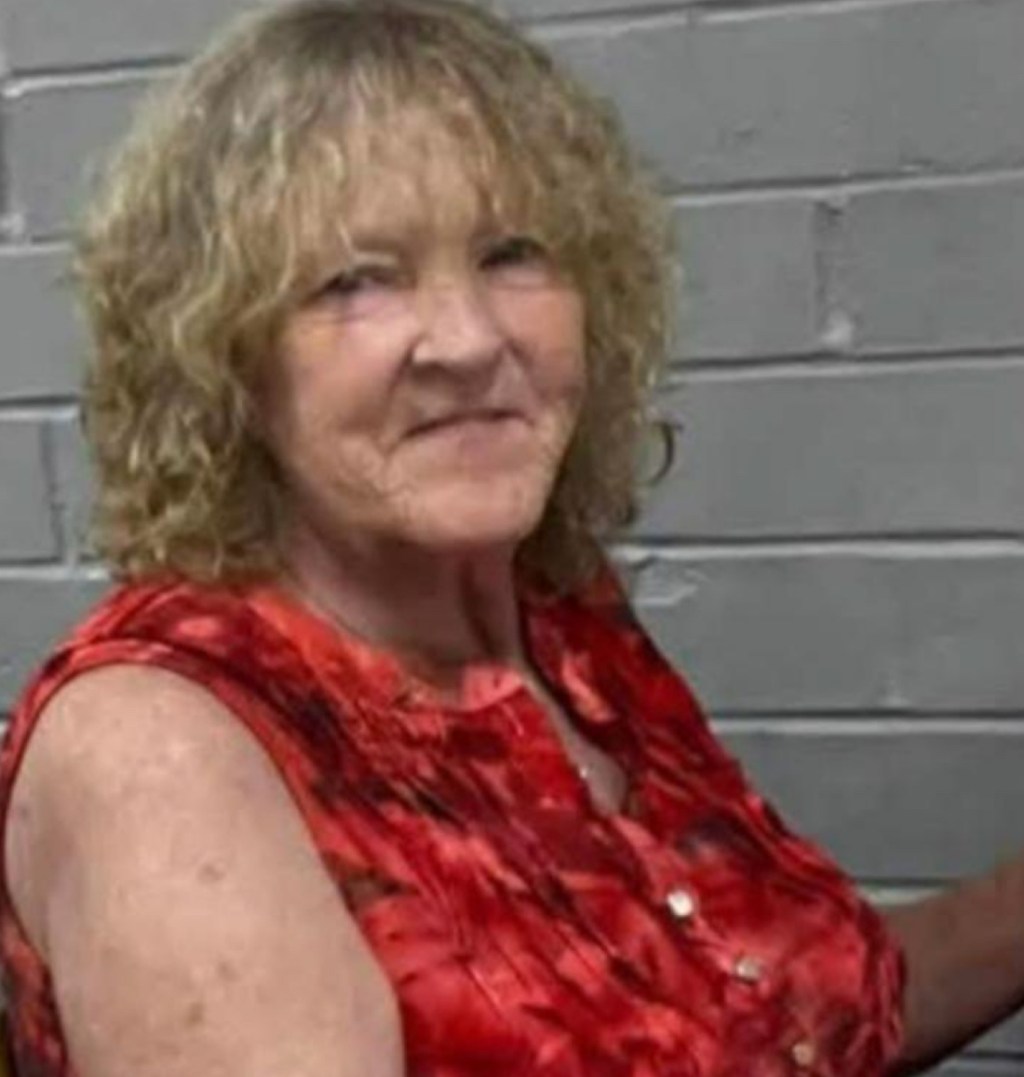Lily Fan: SLA Chair Is Top Shelf

To say Lily M. Fan has an interesting job would be an understatement. Fan serves as Chair and Commissioner of the State Liquor Authority.
“We do everything alcohol related,” Fan said of the responsibilities of the Liquor Authority. “That includes all licenses, all enforcement. We are responsible for three things: Public safety; temperance; and promoting economic development related to alcohol distribution.”
What does it all mean? Fan and her nearly 150-person staff across nine bureaus are constantly looking for ways to help those in the business of producing and selling alcohol. That includes wine, beer, hard cider and liquor. It also includes liquor licenses and permits for restaurants, bars, night clubs, festivals and events statewide.
“I’m sure we’ve all heard the stories of the difficulties and length of time it takes to get a liquor license,” says Fan, who immigrated to the United States from Hong Kong with her family when she was young. Fan, whose first language in Cantonese, attended St. Paul’s School, a boarding school in New Hampshire, starting at age 13. “In the late 2000s, there was a push to create licensing categories that are accessible to wineries, distilleries and cideries. The Authority is just now building out the staff to better support the 1600 manufacturers that have since flourished across New York State.”
“Legislative change recently to allow direct-to-consumer sales has been a really big deal,” explains Fan, who graduated from Yale in 2001 and the Yale Law School in 2004, and serves on the Alumni Fund Board at Yale Law School. “Small manufacturers can now sell directly to consumers, to some in other states and at farmers’ markets. All over the Empire State and since the pandemic, agri-entertainment has grown a lot.”
Some may even remember when the term agri-entertainment didn’t exist. Still a little unsure what it covers? Think pumpkin and apple picking, driving out East or upstate to a farmers’ market. Think farm-to-table dining. All these are part of agri-entertainment, as are winery tours, distillery tastings and sitting at a table and looking out onto rows and rows of ripening grapes. You can thank Fan and her staff as you enjoy that glass of wine or flight of beers.
Despite the struggles, New York State is seen as the new Napa Valley, and is the second-largest wine-producing region in the United States.
“One thing we are looking to do is attract more innovators and companies to produce their products here,” Fan explains. “There was a lot I didn’t know when I came into this position, but it was my baby and I had to learn it. I was on the Board of the Authority as a part-time member for five years before becoming its chair. The one thing that is true about alcohol law is that there is always something new or counter intuitive to learn.”
One of Fan’s big concerns is to allow businesses room to grow in an orderly fashion.
“We’re not here just to rubber stamp everything,” Fan explains. “There were mistakes being made. Our job is to see the mistakes and see which laws are causing friction. I admit, I’m a bit of a fixer and if something isn’t working, I want to make it right.”
She is very proud that since she became Chair two years ago, the agency has cut the lag time on getting a license from 10 months to five months. While that may still seem like a long wait for a business dependent on a liquor license, Fan highlighted Governor Kathy Hochul’s successful push to expand temporary permits — now available to more than 90 percent of applicants — which allow businesses to begin alcohol service within weeks while their full license is pending. This critical reform helps businesses open faster, generate revenue sooner, and start hiring staff to serve their communities.
There are additional changes she’d like to see. For example, the temperance aspect dates back to long before the 1930s. Attitudes and drinking patterns have changed. There also are business-related categories that need to be updated.
“We need more licensing categories,” Fan says. “People don’t run businesses like they did in the 1930s. We’re saying ‘no’ enough that we need more categories. There are nuances that must be considered. It actually takes work to say ‘no’ to a license request.”
When they say no, they have to cite the law. And, while it may seem like they can do whatever they want when it comes to licensing, they cannot. Their decisions are subject to review. Nothing about their job is done lightly.
“We want to say ‘yes,’ ” Fan says. “We want to help businesses be successful. More importantly, we want to prioritize public safety. We do that by having businesses be properly licensed and properly run. Businesses respect the State Liquor Authority enough to be applying for that license.”
A little-known service they provide is issuing nearly 20,000 one-day event permits annually. The process resembles regular license approvals, considering community concerns like noise and liquor-related issues, including event security, but with a faster turnaround.
“We want to help them get that permit,” Fan says with a laugh. “But it doesn’t help if you call us one day before your event.”
Even when the person requesting the license or permit is making the process more difficult, Fan and staff will do their best to explain and move the process along.
“We want to reward people who are doing the right thing,” Fan says. “We also want to reward those who are producing. If there were no manufacturers, there’d be no alcohol. My job is to understand how things flow. For example, in a restaurant, if there is no bar service, there likely will be no lunch service. My job is to understand how things flow so we can better work with the manufacturers, bars, restaurants, liquor stores and others who rely on those sales.”
Fan, whom many may not know, does have a goal for the Authority: for the public to feel she has made a positive difference.
“As an outsider to this business, it is easier for me to not accept the status quo,” says Fan, who splits her time between Albany, New York City and Amagansett. “We’re also trying to make things easier with the help of technology. Above all, we are focused on customer service, as is Gov. Hochul.”









